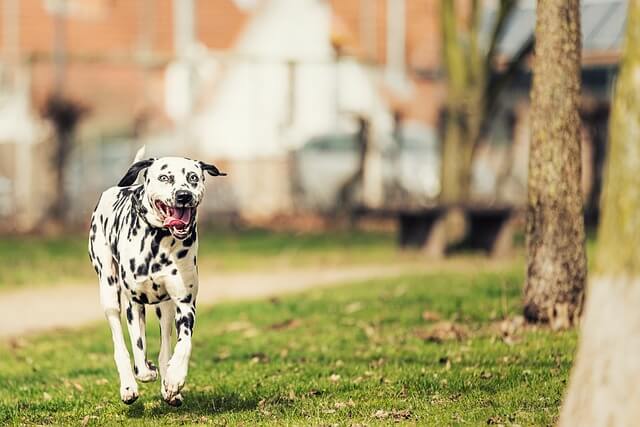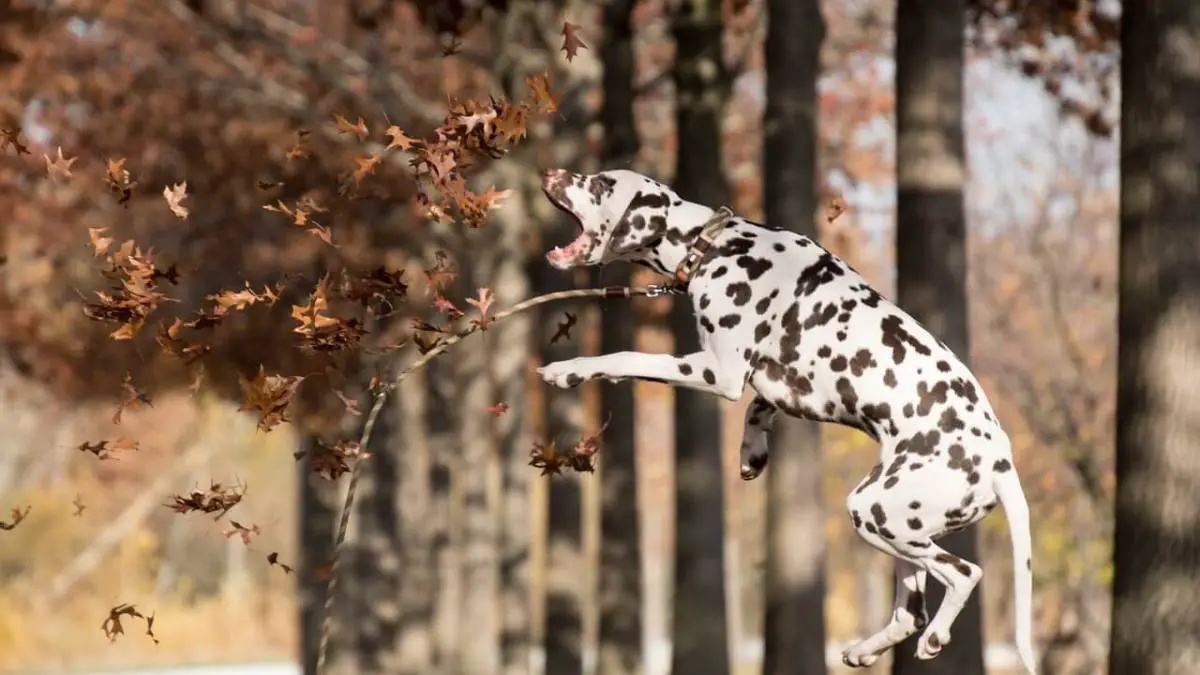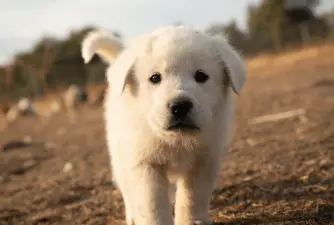6 Dalmatian Puppy Facts You Most Probably Don't Know
14.09.2021.
There is something special about the spotted white dog that makes them so attractive. We are, of course, talking about the adorably charming Dalmatians. There are many fascinating facts about these dogs, and you can read them here - 7 Things You Didn't Know About Dalmatians. However, we uncovered some fascinating facts about Dalmatian puppies and decided to share them with the online world. Here are our favorite Dalmatian puppy facts.
1. Puppies are born with no spots
This is a Dalmatian puppy fact most breed lovers already know. However, it is the first Dalmatian puppy fact we absolutely have to mention. Dalmatian puppies are born without any spots on their coats! Puppies are born completely white, and the spots start filling in later.
The most famous Dalmatian trait, its spots, start filling in after the puppies are four weeks old. Before that, puppies are completely white, and if you are not familiar with the breed, it is easy to mix them with some other white dog breed.
2. Unique spots
Every Dalmatian puppy starts developing spots after the fourth week of their life, but did you know that all Dalmatian puppies develop unique spots? The pattern in which spots develop is entirely unique and distinct. You can identify every Dalmatian by their spots. They are as unique as human fingerprints.
Dalmatian puppies have something that is called a piebald pattern (colored spots on a white coat). These spots are most commonly liver or black, but they can also be lemon, brindle, blue, or orange. Most of us picture these dogs with black spots, but other colors are available in this breed.

3. Spots cover their whole body
When you think about Dalmatian puppies, you imagine black spots on white coats, right? Well, most dog owners don’t know that when Dalmatian puppies start developing spots, they develop them literally all over their bodies. There isn’t a single place where the spots can’t develop.
Take a look at any dog’s belly, and you will probably notice tiny hair and pink-colored skin. Dalmatian puppies can develop black spots on their bellies as well. In fact, their belly is not the only place where spots might develop. They can develop on the roof of their mouths, feet, tails, and muzzles.
4. Dalmatian puppies are prone to deafness
The snow-white coat might seem like a great asset and something many dog owners want in their dogs. However, white coats are associated with some health issues. One of those issues is deafness. If you notice your Dalmatian puppy is ignoring you, it can be because they are stubborn, but you should give your vet a call and make sure they check your dog’s hearing.
Interestingly, the larger the white area on a Dalmatian, the more likely they are to develop hearing issues. Dogs with large spots are less likely to have health issues.
5. Litter size
One of the most important things Dalmatian breeders should know is possible litter size. Dalmatians are not the largest dogs, but they are not considered small. The larger the dog, the more room for puppies to develop. It is interesting to know that the average litter size of this breed is 6 - 9 puppies. That means that will be the average number of completely white Dalmatian puppies in a single litter.
Another interesting fact about this breed is that the largest ever recorded Dalmatian litter had 18 puppies. Imagine getting 18 Dalmatian puppies in your home. That would be a pleasant surprise, but caring for so many puppies at once can be tricky, even for the most experienced Dalmatian moms.
6. Dalmatian puppies need a company
Most dogs are social; that is not a big secret. But Dalmatians are incredibly social animals that absolutely hate being alone. Even Dalmatian puppies hate being left out of action. They need to be in the center of whatever is going on in their families. You can quickly notice that if you simply look at how these puppies sleep all over each other. If they go exploring their surroundings, they will do it in pairs.
If you are considering getting a Dalmatian puppy, think about getting them some company. They will get along great with older dogs; just keep in mind that you still have to train and socialize with them with others. Dalmatian puppies can grow into fantastic dogs, but they require a lot of activity, training, and socialization.
World Dog Finder team







Share